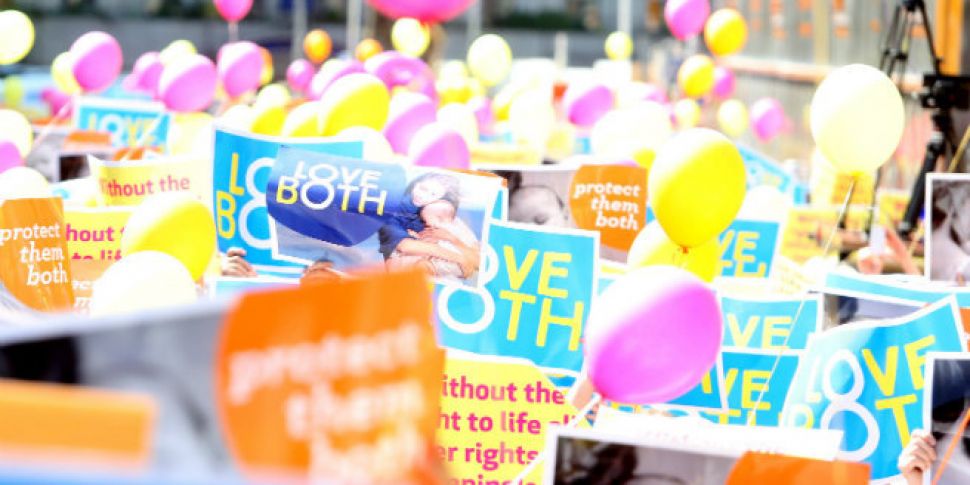A woman who survived a failed abortion in the US says reuniting with her birth mother was "better than anything I ever expected".
Melissa Ohden, founder of The Abortion Survivors Network, attended a rally organised by the Pro Life Campaign in Dublin over the weekend.
She spoke to Pat Kenny about her story, saying she survived "what people call a failed abortion, nearly 39 years ago in the United States".
Melissa explained: "My biological mother was 19 years old, a university student, wasn't married to my biological father but was engaged to be married".
Her mother hid the pregnancy for many months. However Melissa says that when her family found out her mother was pregnant, "an abortion was forced upon her".
It is not entirely clear how far the pregnancy had progressed when the procedure was carried out.
"In my medical records, it states that the abortionist believed she was around 20 weeks pregnant with me," Melissa told Pat. "But in my medical records after I survived, one of the first notations by a doctor was that I looked like I was around 31 weeks gestational age".
Melissa's mother underwent a saline infusion abortion - a common procedure in the 1970s but not used anymore - which involves injecting a chemical solution into the uterus.
"The longer I soaked in it the greater the likelihood was that I was going to have my life ended," Melissa explained.
'They didn't think I would live'
She suggested that while the procedure was routine, it was not routine that she was delivered alive at the hospital on the fifth day of the process.
Melissa said: "It was confirmed a few years ago by a nurse at that hospital, that there was a utility closet there at the hospital where buckets of formaldehyde and they would place a living child like me, if we survived. They would put the child in the bucket, write the name of that child on the bucket, and they would be left there to die".
When two nurses ultimately fought for medical care to be provided for her, Melissa says she still experienced severe complications in her first weeks. "I had severe respiratory and liver problems... I suffered from seizures for an extended period of time. The doctors just really made it clear early on they didn't think I would live."
Melissa ultimately survived those difficult early weeks and months. As a teenager, she learned about what had happened to her. The story inspired her to seek out her biological parents.
Her birth father had passed away before she could meet him, but has met with members of his family.
In terms of her birth mother, she says it's been a "long journey... It was just about three weeks ago that I met my birth mother face-to-face for the first time".
She recalled: "It was better than anything I ever expected, but at the same time it was probably more difficult than I expected - only in the circumstance that I knew she was hurt by what was done to her. But to look in her eyes and to see how much pain it caused her... I don't think I was prepared for that look in her eyes.
Melissa says that for 30 years her birth mother never knew her daughter had survived. The discovery that she had was a 'complete and utter shock'.
"So many women don't have that same opportunity that she's been given," Melissa observed
Four decades after surviving the procedure, Melissa says she does not support abortion "in any case, whether it's foetal abnormality or such. What I do support - and what I fight for in our world - is for women and children to receive adequate services and support.
"I think having a conversation is incredibly important, but I always think it's very important the stories of lives like mine are told... Conversations with respect are important to me," she added.









